Identifying shapes Building Vocabulary Worksheets for Ages 4-7
10 filtered results
-
From - To
Introduce your young learners to the world of geometry with our "Identifying Shapes Building Vocabulary Worksheets for Ages 4-7". Designed to blend creativity with learning, these worksheets help children recognize and name various shapes, enhancing both their visual-spatial skills and language development. Through engaging activities, kids can match, trace, and color shapes, making it a fun way to build foundational math vocabulary. Perfect for early grade students, these printable resources foster early critical thinking and support classroom or at-home education. Turn shape identification into an exciting adventure and boost your child’s confidence in learning!
Identifying shapes and building vocabulary are essential elements in the early development of children aged 4-7, laying a foundation for future learning and cognitive growth. For parents and teachers, focusing on these skills is crucial for several reasons.
First, recognizing shapes enhances visual-spatial awareness. This skill is integral to understanding and interacting with the physical world, aiding in tasks such as reading, writing, and solving math problems. Identifying shapes is a fundamental part of geometry, a core aspect of the math curriculum, and boosts problem-solving skills and logical thinking.
Second, building vocabulary strengthens communication skills. A robust vocabulary allows children to express themselves more clearly and effectively, improving their ability to engage in social interactions and academic discussions. It also enhances reading comprehension and ignites a lifelong interest in reading.
Combining shape recognition with vocabulary building further enriches learning. When children describe shapes, they practice new words and conceptual understanding concurrently, integrating language and cognitive development. For example, talking about the characteristics of a triangle or a circle encourages descriptive language and understanding of geometric concepts.
Ultimately, these skills prepare children for academic success, fostering confidence and curiosity that benefit them throughout their education. Investing in these foundational skills equips young learners to excel in more complex subjects, setting them on a path to academic and personal success.












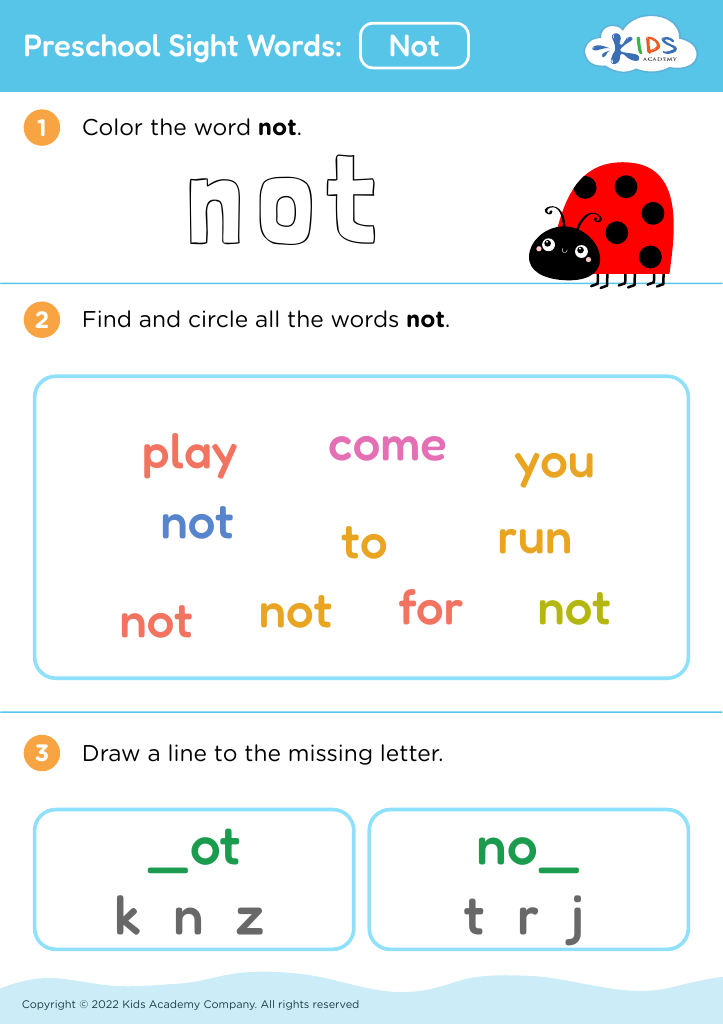
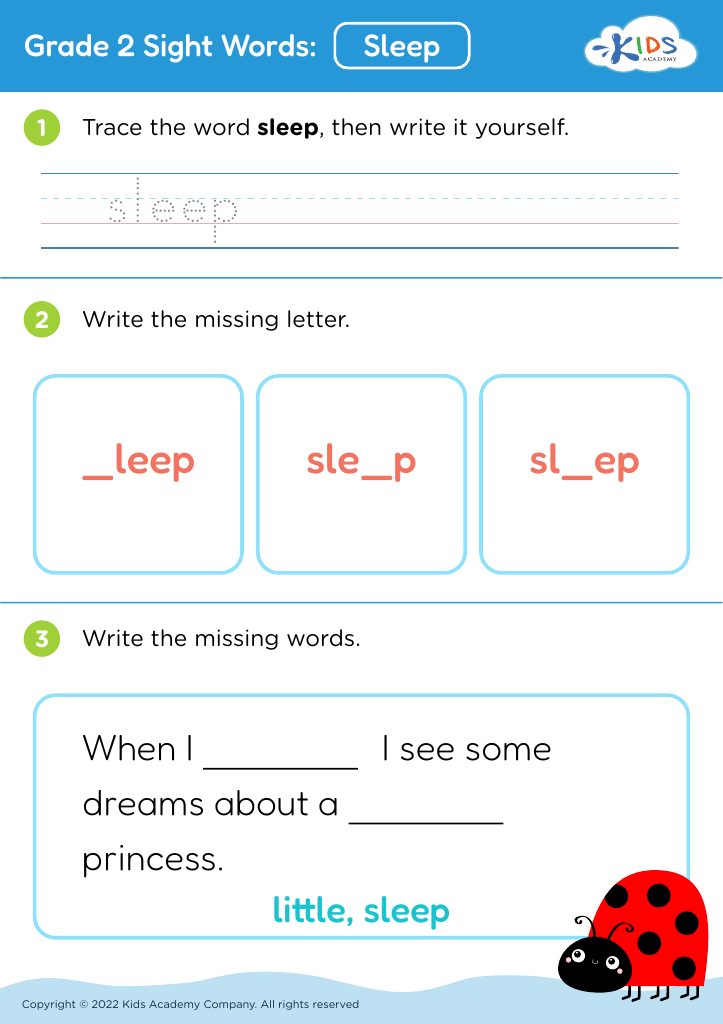
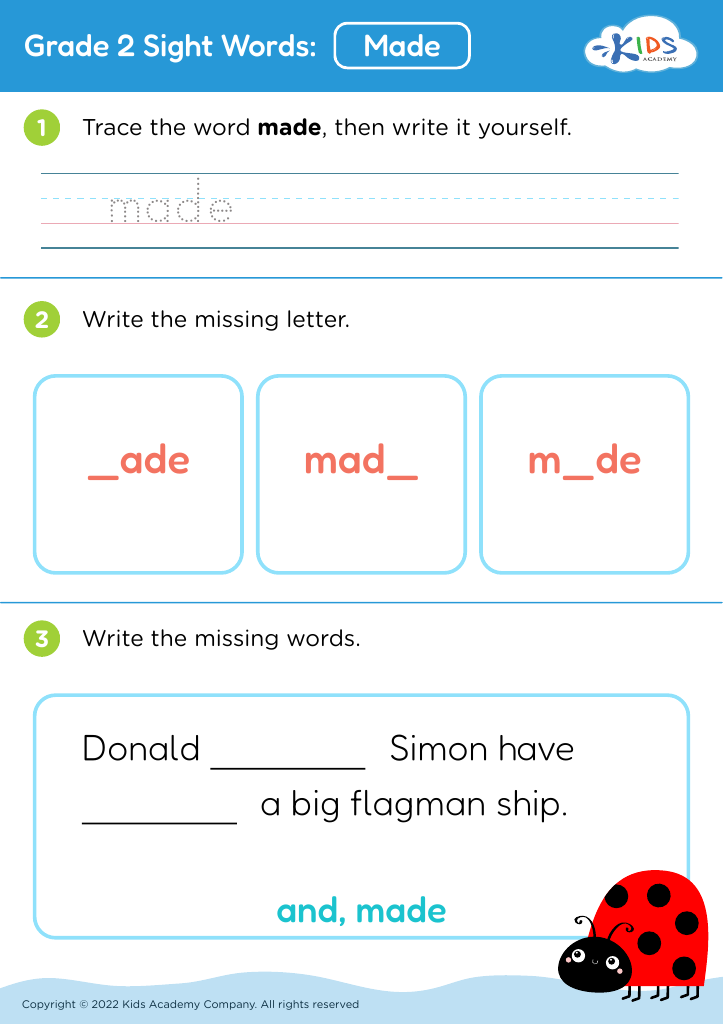

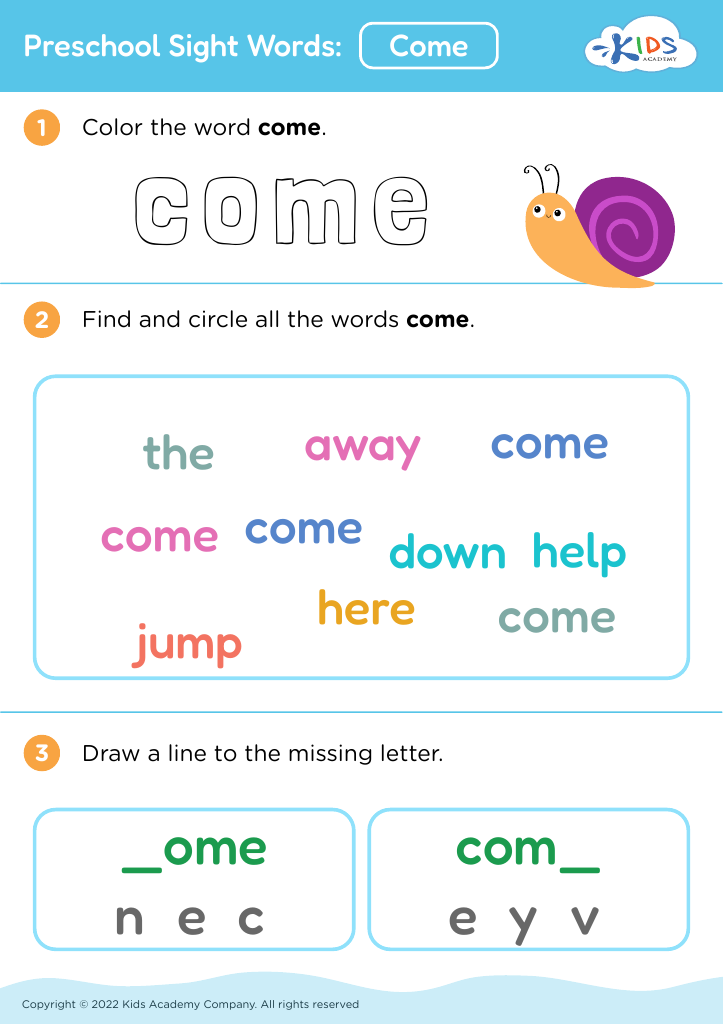
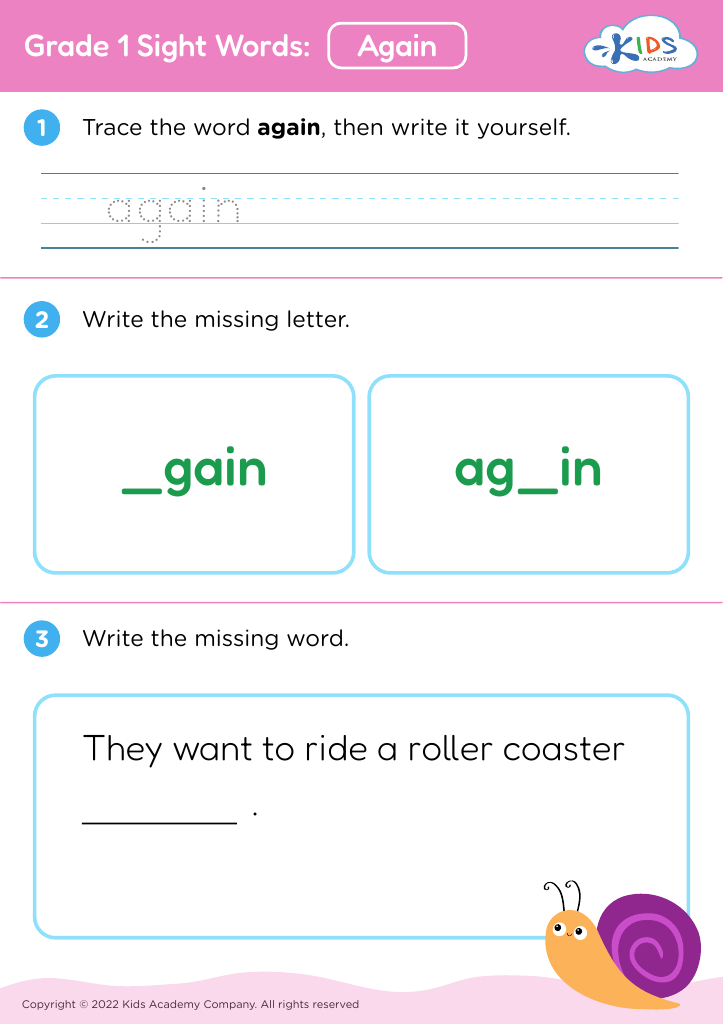
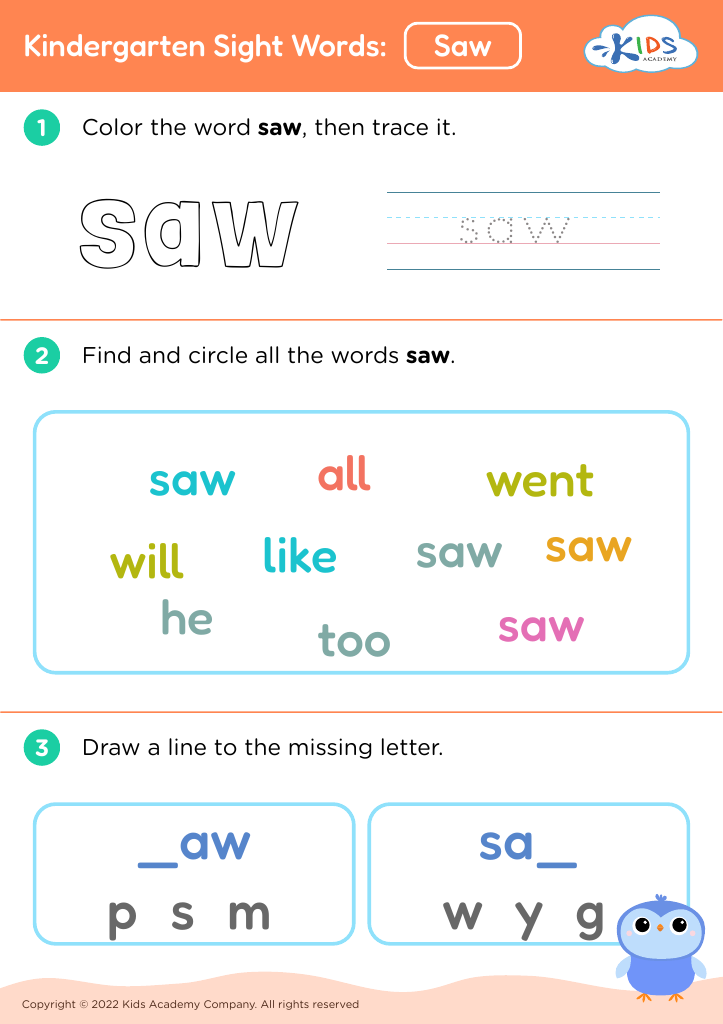
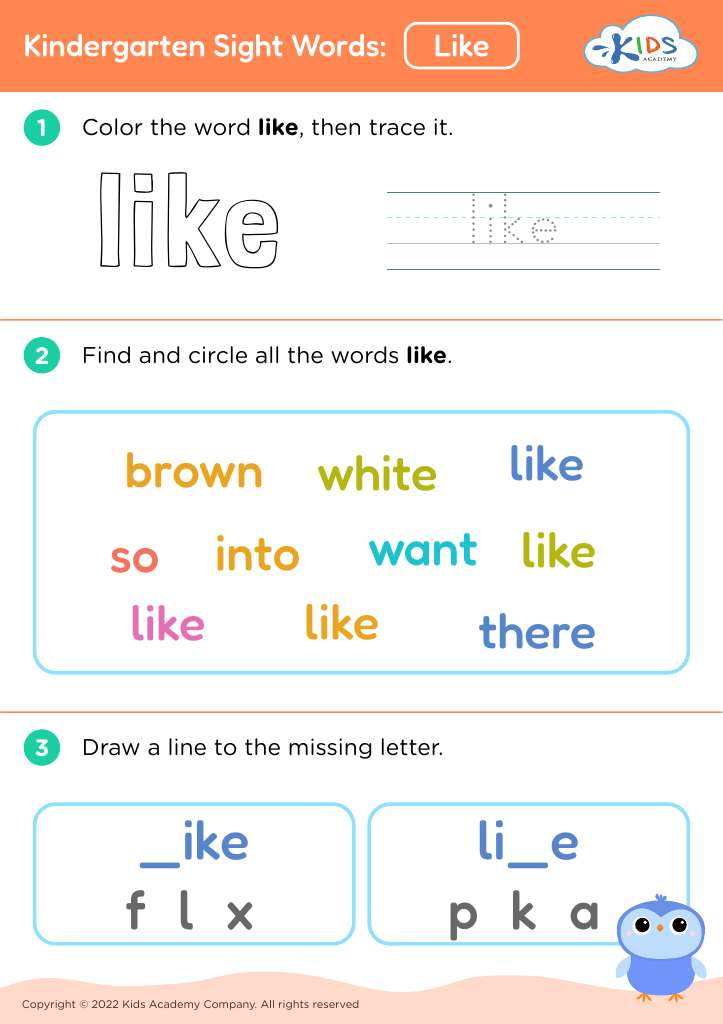

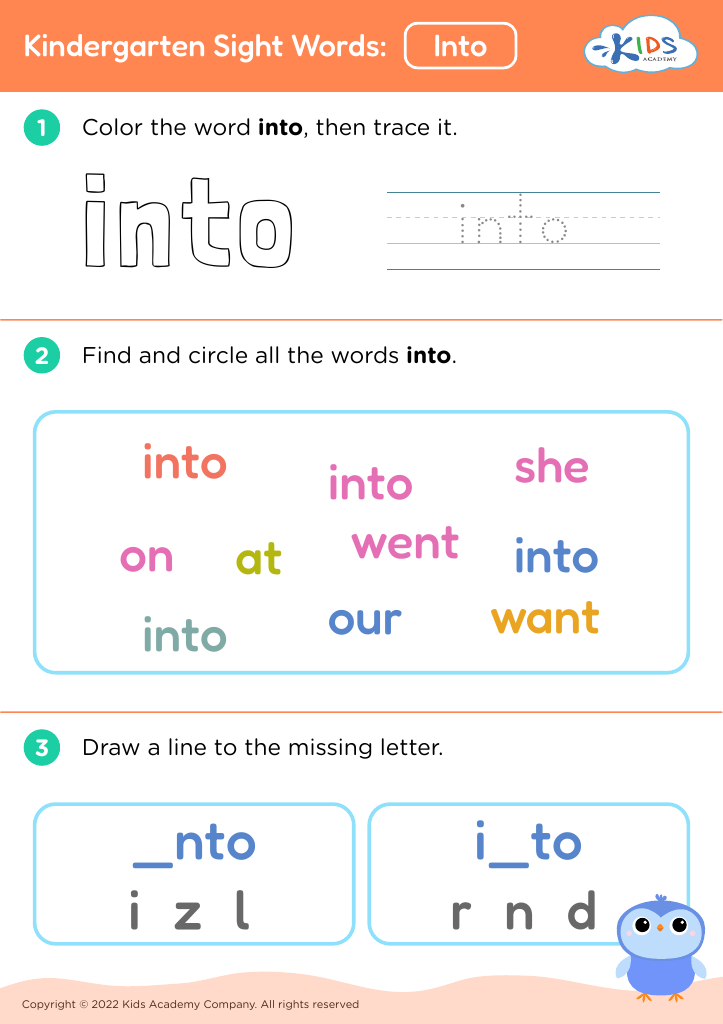







.jpg)











